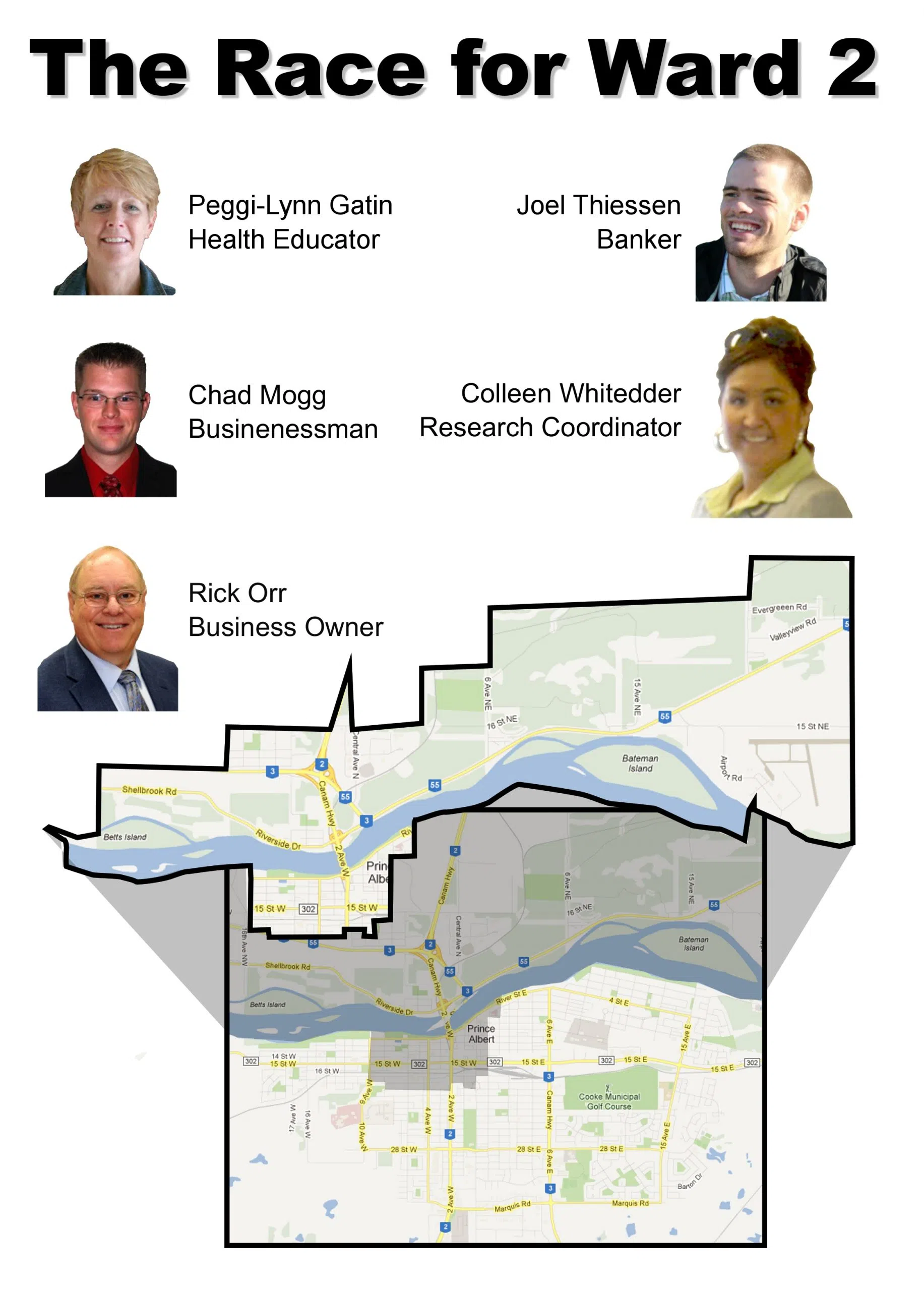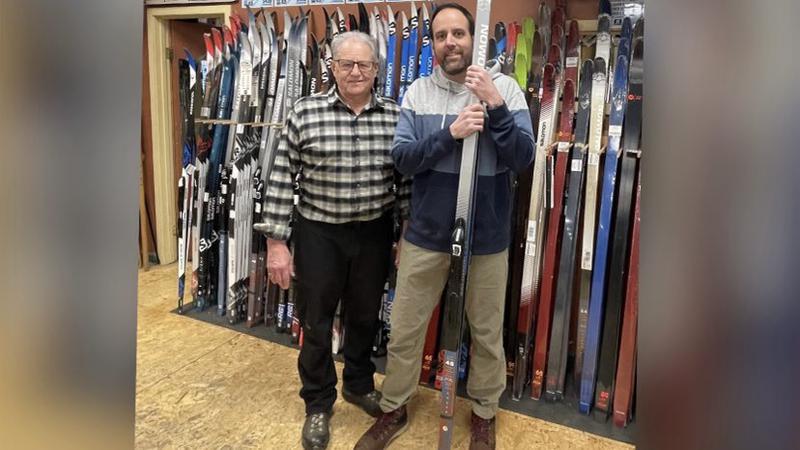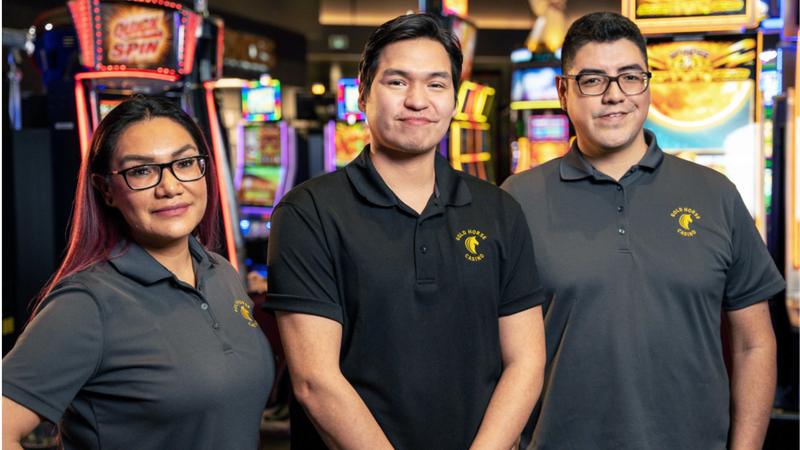
Ward 2 the race to watch
The race for the city’s downtown will be the race to watch as five new candidates vie for the vacant Ward 2 seat.
With Coun. Greg Dionne making a run for the mayorship, the position remains open and five candidates of varying background have stepped up with nominations.
Peggi-Lynn Gatin is a community health care worker with experience on numerous boards and committees throughout Prince Albert and province.
Chad Mogg is the owner of Dr. Java and businessman back in Prince Albert to raise a family.


